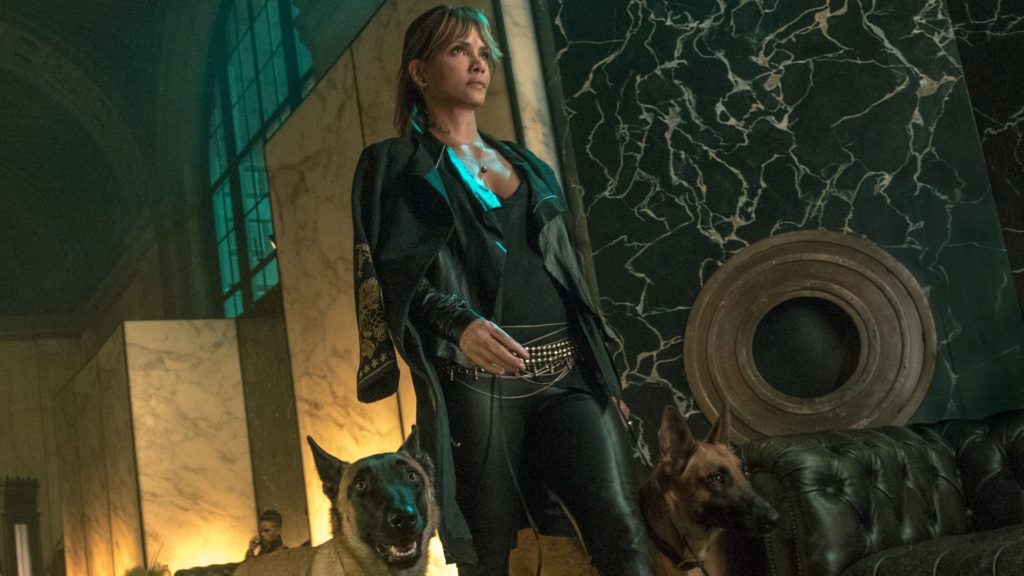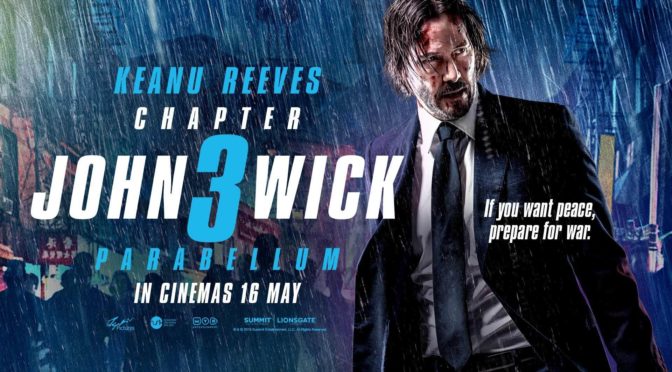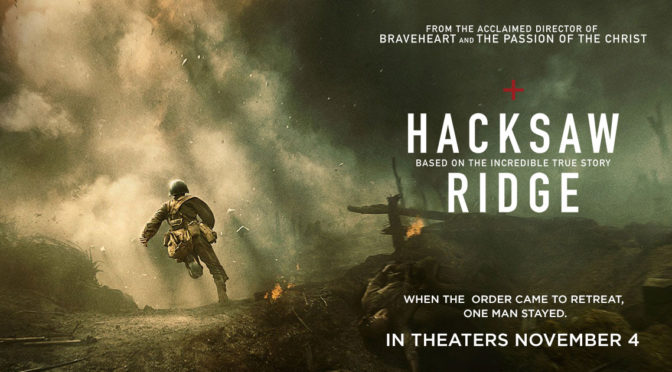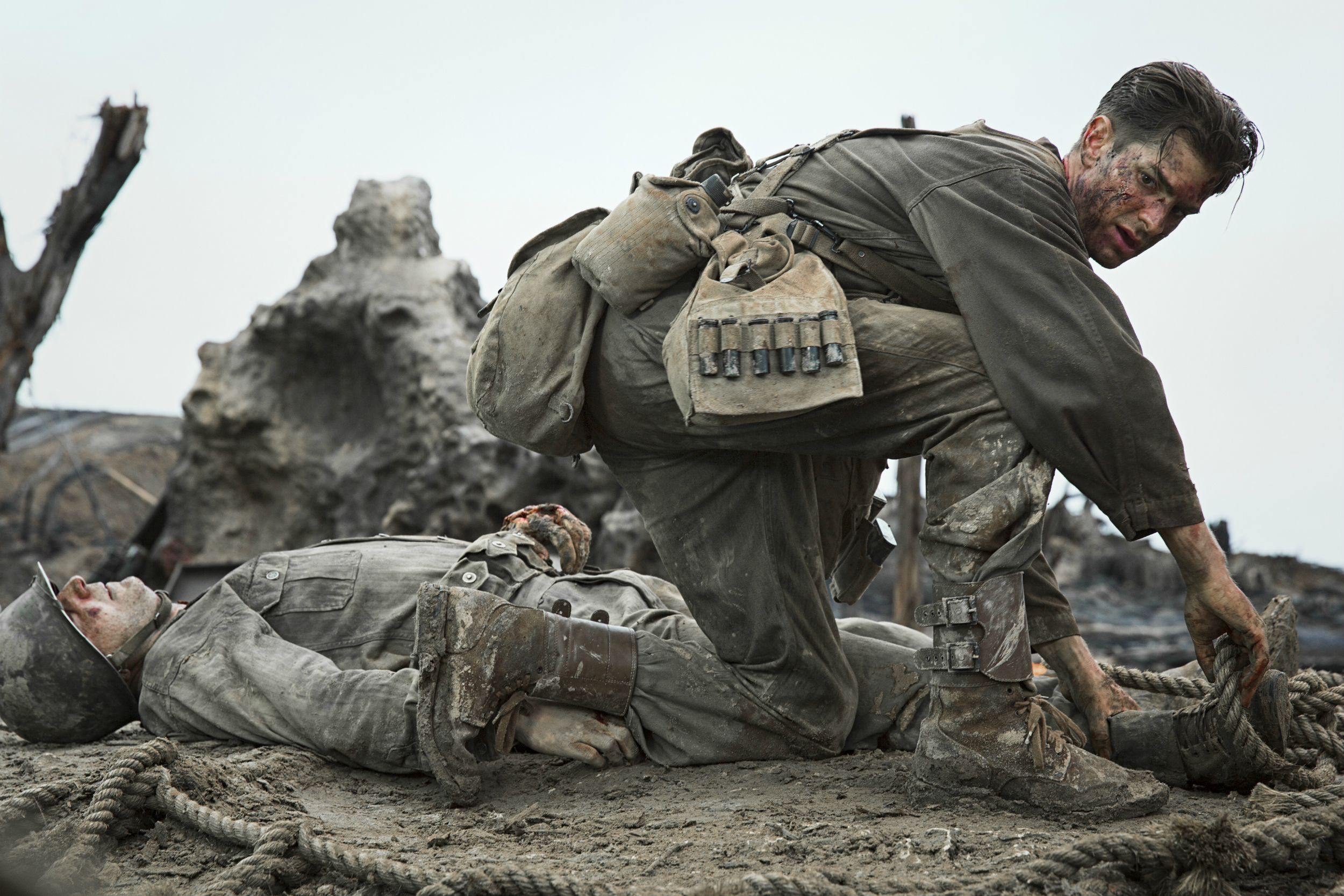John Wick: Chapter 3 – Parabellum is proof that you can have too much of a good thing. This unexpected franchise, directed by former stuntman Chad Stahelski, has only grown in popularity with each subsequent entry. Keanu Reeves (The Matrix) plays the legendary hitman forced out of retirement. At the end of the previous film, he had broken the sacred rule of the Continental, the hotel for criminal underworld, by killing on its property. Because of his violation, a $14 million dollar bounty is placed on his head and every assassin in New York City is looking to claim the prize.
The world-building from the previous films has lost a lot of its appeal. In the first film, the secret underground world of assassins was intriguing. It wasn’t explicitly told, but could be inferred through the special currency, rules, and services offered. While obviously an unreal premise, it had enough subtlety to be somewhat believable as an unknown territory, just beyond the reaches of civilization. In the second film, the reach of this network was revealed to be larger than expected, but in the latest entry the writers have taken it to the extreme. When Wick runs on the streets of New York, heads turn in recognition. When he jumps into a random cab, the driver is aware of the Continental and addresses him by name. The expansive reach of this supposedly hidden society begs the question: who isn’t an assassin or connected to their society? The world-building was never meant to be truly realistic, but its omnipresence robs it of its mystique and often seems silly with how many different people are apparently involved.

The action, as before, is stellar. Fights are staged from a distance, allowing for full view of the combat without the confusion of over-editing or shaky cam. The scale of the set pieces has been taken up a level. In order to outdo their previous work, Stahelski and company use more high-stakes vehicular combat, like an impressive motorcycle fight, group fights, and settings that allow for a variety of kills. One such fight takes place within a store that sells exotic guns and knives leading to a plethora of unique ways to end someone. Reeves is as up to the action as ever. He appears slightly heavier and even more beleaguered as he runs with a limp and lands blows more messily than before. Wick is still a headshot machine and decimates opposing forces with precision aiming anytime a gun is in his hand.
Despite all these objectively positive aspects about Parabellum’s production, the unending stream of action takes its toll. The first film was praised for its stripped down narrative, but by the third entry the onslaught of violence has become exhausting. There is only so much action that a viewer can take before becoming indifferent. Without an additional wrinkle to his motivation, beyond fighting his way through the criminal underground again, the fights progressively lose their impact. John Wick: Chapter 3 – Parabellum is exactly the barrage of non-stop violence it seeks to be, but crosses over into an exhausting action overload.

3/5 stars.



